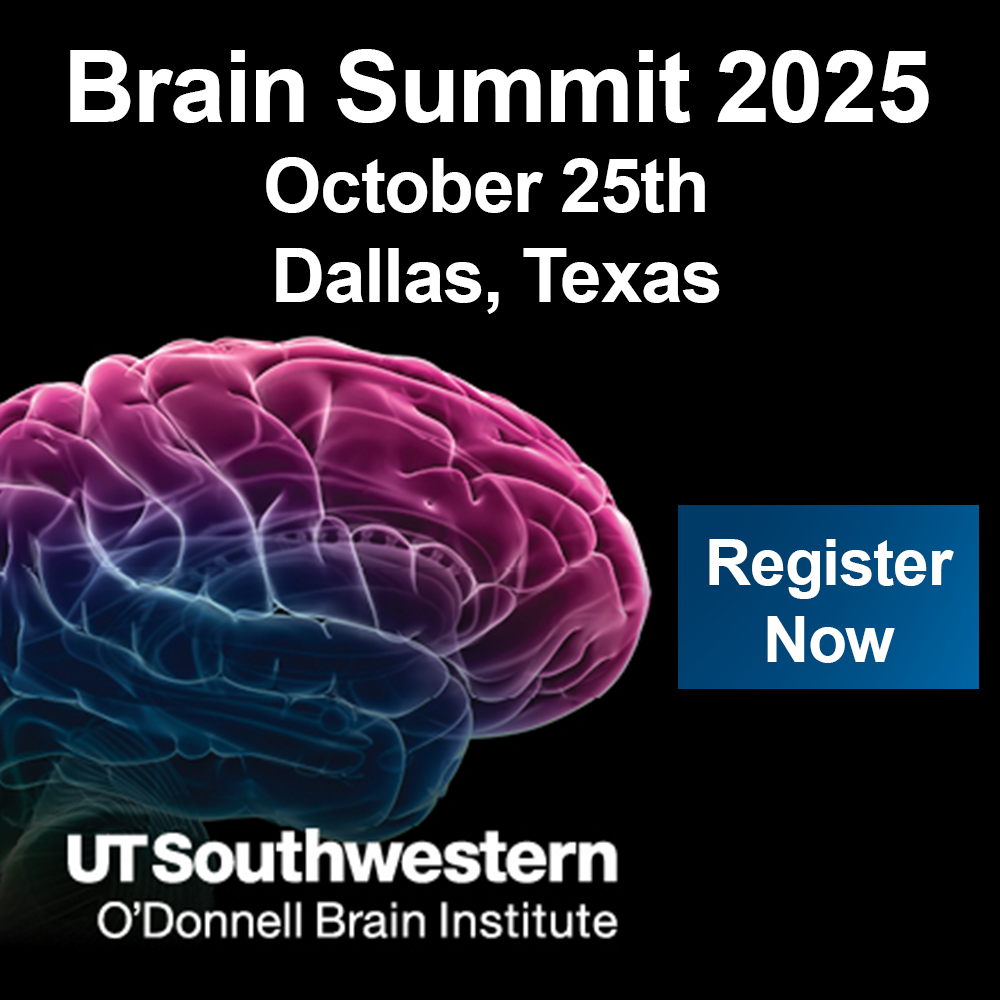Brain Summit 2025 Symposium (RP2510A)
October 25, 2025
7:00 am - 4:00 pm
Dallas, TX US
The Brain Summit 2025 Symposium is a one-day live CME activity designed for neuroscience professionals - including physicians, advanced practice providers, nurses, and physical therapists - to explore latest advances and current trends in neurology clinical practice and patient care. Didactic presentations, case studies, and panel discussions will present the most current information and address clinical practice challenges for advancing proper diagnosis and best treatment modalities across a wide spectrum of neurological disorders.
Target Audience
- Physicians
- Advanced practice providers
- Nurses
- Physical Therapists
Learning Objectives
- Recognize key clinical features of various movement disorders and differentiate organic from functional disorders in order to facilitate accurate diagnosis and guide evidence-based pharmacologic treatment strategies.
- Identify and differentiate the clinical presentations and pathological features of classical and atypical subtypes within the Alzheimer’s disease spectrum to improve diagnostic accuracy.
- Analyze the pathological features of classical and atypical Alzheimer's disease subtypes to support individualized, precision-based treatment approaches.
- Discuss effective symptom management and communication tools for facilitating sensitive conversations about prognosis, advance care planning, and goals of care for patients with neurodegenerative diseases.
- Describe the clinical and immunologic subtypes of Myasthenia Gravis and discuss current evidence-based treatment strategies, including emerging therapies, to optimize individualized patient care.
- Recognize the expanding spectrum of clinical phenotypes and associated autoantibodies in autoimmune encephalitis to enhance understanding of disease variability.
- Describe the diagnostic pathway and recent advances in patient management of autoimmune encephalitis to improve clinical decision-making and treatment outcomes.
- Evaluate appropriate diagnostic imaging study for patients with neurological disorders.
- Recognize patterns on imaging studies to accurately diagnose and treat patients. Identify the clinical manifestations and associated autoantibodies of paraneoplastic neurologic disorders and discuss current diagnostic and therapeutic strategies to enhance early detection and improve patient outcomes.
- Identify the symptoms and underlying causes of insomnia and parasomnias in patients with neurologic disorders and discuss current diagnostic tools and personalized treatment strategies to improve patient sleep quality, health, and overall well-being.
- Analyze the medicolegal landscape and discuss evidence-based strategies for guiding responsible medical cannabis use in patient care.

